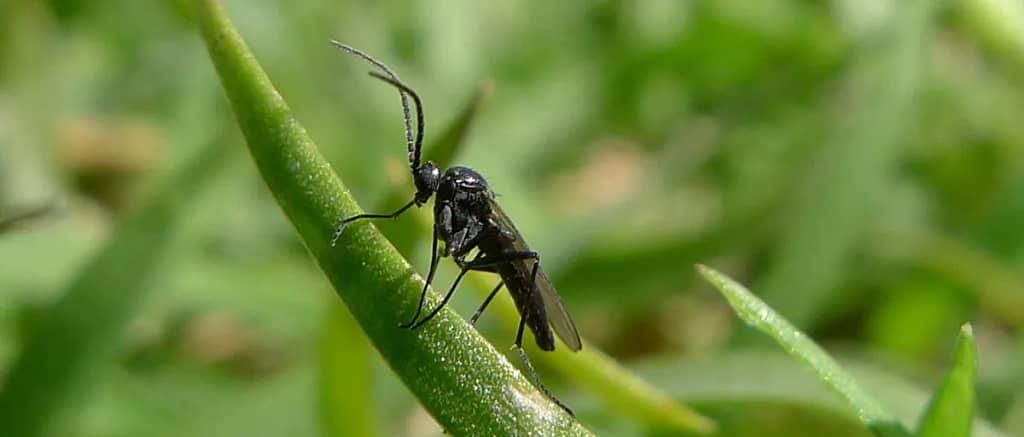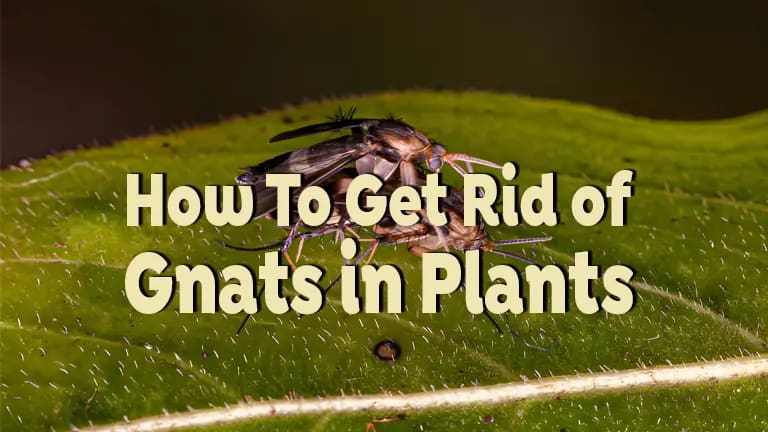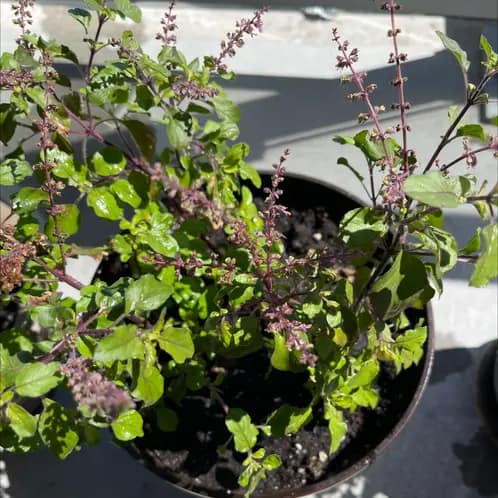Why Do My Plants Have Gnats? Discover the Answers and Solutions
Wondering why do my plants have gnats? Learn the causes, effective solutions for what kills plant gnats, and what plant keeps gnats away. Understand how often do gnats reproduce and keep your plants healthy.”
Introduction
If you’re a plant lover, you’ve probably asked yourself, “why do my plants have gnats?” These tiny, pesky insects can be a nuisance, causing damage to your beloved indoor and outdoor plants. Understanding the causes and solutions for dealing with gnats is crucial for maintaining healthy . In this comprehensive guide, we’ll delve into the reasons behind gnat infestations, explore effective methods for eliminating them, discuss plants that can help keep gnats away, and explain the reproduction cycle of gnats. Let’s embark on this journey to ensure your plants thrive without the menace of gnats.
What Are Plant Gnats?
Also known as fungus gnats, are small, flying insects often found around houseplants and outdoor plants. They thrive in moist environments and are particularly attracted to the soil of potted plants. While adult gnats are harmless, their larvae can cause damage to plant roots, leading to stunted growth and yellowing leaves.
Why Do My Plants Have Gnats?
Gnats are attracted to certain conditions that are commonly found in plant environments. Here are some primary reasons why your plants might have gnats:
Excess Moisture
One of the main reasons for gnat infestations is overwatering. Gnats are drawn to moist soil, where they lay their eggs. Ensuring your plants have proper drainage and allowing the soil to dry out between watering can help prevent gnats.
Organic Matter
Gnats are also attracted to decaying organic matter in the soil. This can include dead leaves, old flowers, and other plant debris. Regularly cleaning the soil surface and removing any decaying matter can reduce gnat infestations.
Poor Soil Quality
Using poor-quality or contaminated soil can introduce gnats to your plants. Always use high-quality, sterile potting soil to minimize the risk of gnats.
What Kills Plant Gnats?
If you’re dealing with a gnat infestation, you might be wondering, “what kills plant gnats?” Here are some effective methods to eliminate these pests:
Sticky Traps
Sticky traps are a simple and effective way to catch adult gnats. Place yellow sticky traps near to attract and capture the gnats.
Hydrogen Peroxide Solution
A mixture of hydrogen peroxide and water can help kill gnat larvae in the soil. Mix one part hydrogen peroxide with four parts water and use this solution to water your plants. The hydrogen peroxide will kill the larvae without harming the plants.
Neem Oil
Neem oil is a natural insecticide that can help eliminate gnats. Mix neem oil with water and a few drops of dish soap, then spray it on the soil and plant leaves. Neem oil disrupts the life cycle of gnats, reducing their population.
Beneficial Nematodes
Beneficial nematodes are microscopic worms that can kill gnat larvae. Introduce these nematodes to your soil, and they will seek out and destroy the larvae, effectively reducing the gnat population.

What Plant Keeps Gnats Away?
Certain plants have natural properties that repel gnats. If you’re looking for a plant-based solution to keep gnats away, consider adding these plants to your collection:
Basil
Basil emits a strong scent that gnats find unpleasant. Placing basil plants near your other plants can help deter gnats.
Lavender
Lavender is another plant with a strong fragrance that repels gnats. Its beautiful flowers also add a pleasant aroma to your space.
Marigolds
Marigolds contain compounds that gnats dislike. Planting marigolds around your garden or placing potted marigolds near your indoor plants can help keep gnats at bay.
Peppermint
Peppermint has a strong scent that gnats avoid. Growing peppermint near your plants can act as a natural gnat repellent.
How Often Do Gnats Reproduce?
Understanding the reproduction cycle of gnats is essential for managing their population. How often do gnats reproduce? Gnats have a short lifecycle, typically around 3-4 weeks. Female gnats can lay up to 300 eggs in moist soil, which hatch into larvae within a few days. The larvae then feed on organic matter in the soil before pupating and emerging as adults. This rapid reproduction cycle means that a small gnat problem can quickly become a large infestation if not addressed promptly.
Preventive Measures to Avoid Gnat Infestations
Prevention is always better than cure. Here are some preventive measures to avoid gnat infestations:
Proper Watering Techniques
Avoid overwatering your plants. Ensure the soil is well-draining and allow it to dry out between watering sessions. Consider using a moisture meter to accurately gauge when your plants need water.
Clean Soil Surface
Regularly clean the soil surface by removing dead leaves, flowers, and other plant debris. This reduces the organic matter that gnats are attracted to.
Use Sterile Potting Soil
Always use high-quality, sterile potting soil for your plants. This reduces the risk of introducing gnats and other pests to your indoor garden.
Quarantine New Plants
Before introducing new plants to your indoor garden, quarantine them for a few weeks to ensure they are not carrying any pests. Inspect the soil and leaves for any signs of gnats or other insects.
Frequently Asked Questions
Why do my plants have gnats?
Gnats are attracted to moist soil and decaying organic matter. Overwatering and poor soil quality are common reasons for gnat infestations.
What kills plant gnats?
Effective methods for killing plant gnats include using sticky traps, hydrogen peroxide solutions, neem oil, and beneficial nematodes.
What plant keeps gnats away?
Plants such as basil, lavender, marigolds, and peppermint have natural properties that repel gnats.
How often do gnats reproduce?
Gnats have a short lifecycle of 3-4 weeks and can lay up to 300 eggs in moist soil, leading to rapid reproduction.
Can overwatering cause gnats?
Yes, overwatering creates moist soil conditions that attract gnats. Ensuring proper drainage and allowing the soil to dry out between watering can help prevent gnat infestations.
Is neem oil safe for plants?
Yes, neem oil is a natural insecticide that is safe for plants. It can effectively kill gnat larvae and disrupt their lifecycle.



